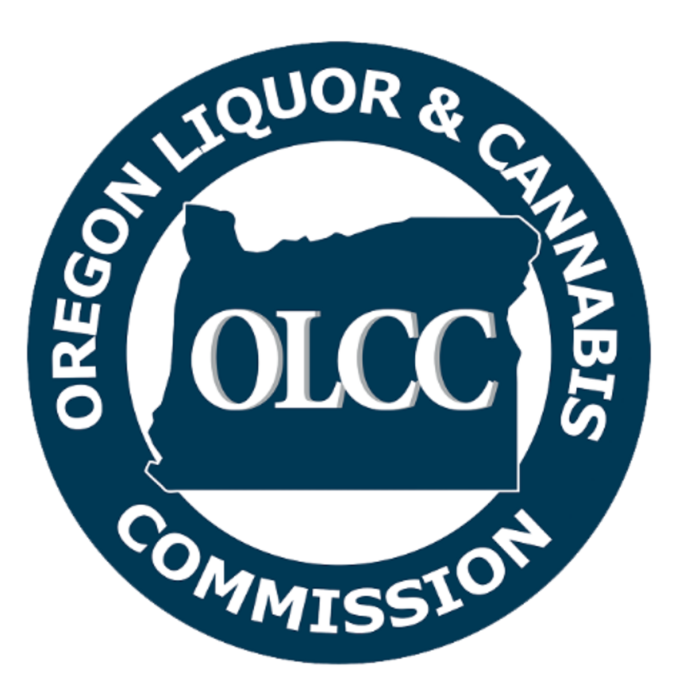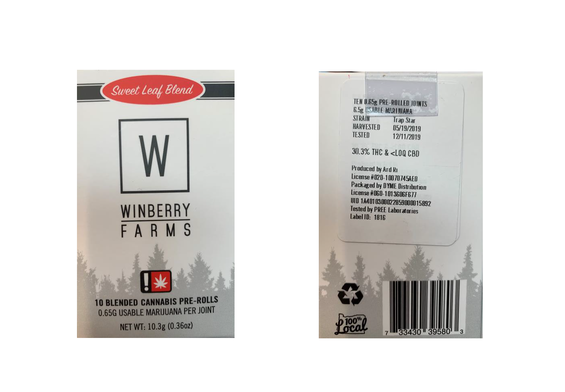“The industries we regulate matter, they matter a lot to the state of Oregon’s economy. The cannabis industry in Oregon has become a billion dollar business and changing our agency name reflects our role in generating revenue to fund state programs,” Paul Rosenbaum, Chair of the Oregon Liquor & Cannabis Commission.
Many members of the cannabis community were wary of selecting the Oregon Liquor Control Commission (OLCC) as the regulators of the Beaver State’s burgeoning cannabis industry when passing Measure 91 back in 2014. It’s actually something that some legalizers and prohibitionists had in common, although for different reasons. In my personal opinion, the OLCC has done a good job, all things considered. Granted, one may say that I’m biased as the chief petitioner and a co-author of Measure 91, although those that know my understand that I’ve criticized the agency when warranted in my opinion, while I recognize the political and cultural hurdles the OLCC have had to navigate, especially while the substance remains illegal under federal law. As the politics of cannabis has changed for the better and we have had several years to prove that legal cannabis doesn’t cause the sky to fall down upon the Great Northwest, I hope that the OLCC, now known as the Oregon Liquor and Cannabis Commission will be emboldened to fully embrace the industry. Yesterday, the agency officially changed its name:
“Today, August 2nd, 2021, the OLCC became the Oregon Liquor and Cannabis Commission, dropping the word “Control” that had defined the agency’s original post-Prohibition mission. Previously referred to as the Oregon Liquor Control Commission, the agency began regulating recreational marijuana after voters approved Measure 91 in November, 2014.
“This change comes five years after voters passed Measure 91 which directed the agency to establish a framework for regulating Oregon’s recreational marijuana marketplace. While the change updates the agency’s name to better reflect its mission, the OLCC acronym will remain the same.
***
“’Our name may have changed, but our mission to serve the businesses we license, the consumers we protect, and the communities we support by generating revenue for the state – all of those things remain the same,’ said Steve Marks, OLCC Executive Director. ‘For the next two years we’re going to concentrate on helping the cannabis and hospitality industries re-establish and grow their business, while ensuring revenue stability for the state. That’s the immediate focus of the Oregon Liquor & Cannabis Commission.
“‘The COVID-19 pandemic uniquely challenged Oregon’s hospitality industry requiring businesses and the agency to innovate to keep businesses open, while constrained by public health guidelines designed to limit the spread of the virus. Agency staff worked directly with licensees, public safety groups and elected officials to find solutions for long-standing challenges. This included: creating an option for cocktails-to-go, while modifying rules to allow for curbside delivery, and enabling businesses to expand outdoor seating.
“‘During the remainder of 2021, the OLCC will be working through other legislative changes to help the alcohol and cannabis industries build back their business. This will include reviewing existing policies and working with partners to cut red-tape and find operational efficiencies while continuing to generate vital revenue for the state of Oregon.'”
Setting aside the changes need under federal law, to fully capitalize upon the industry, the state needs to embrace cannabis tourism, in the same way that Oregon has promoted local microbreweries and wineries. While government agencies lobbying for specific state legal changes is frowned upon, the OLCC needs to do what it can to legalize cannabis consumption at designated businesses and events, as well as farm tours and requisite “tastings” of the Oregon-grown crops. OLCC officials and regulators should make it clear that they are prepared to help regulate an expansion of cannabis businesses that will create more jobs and revenue for our state. Additionally, the OLCC should really listen to small, locally-owned Oregon businesses to get the best sense of what these entrepreneurs need to survive and thrive in this competitive market. And finally, the OLCC needs to add its weight behind the federal lobbying push to provide regular banking services to the industry, normalize the tax code, and end prohibition altogether. The insight that the OLCC has regulating businesses that too often have to rely on being an all-cash establishments is something plenty members of Congress need to hear.
All in all, it’s great news that the OLCC has added “cannabis” to its name. We must remain vigilant, but I’m hopeful that the name change will lead to a further normalization of cannabis and a brighter future for the entire cannabis industry.
Kind Leaf is proud to be Pendleton’s premier craft cannabis boutique with the best supply in the Great Northwest. Please visit our store in-person or check out our menu, deals, and discounts online via Leafly where you can pre-order and save yourself some time.















